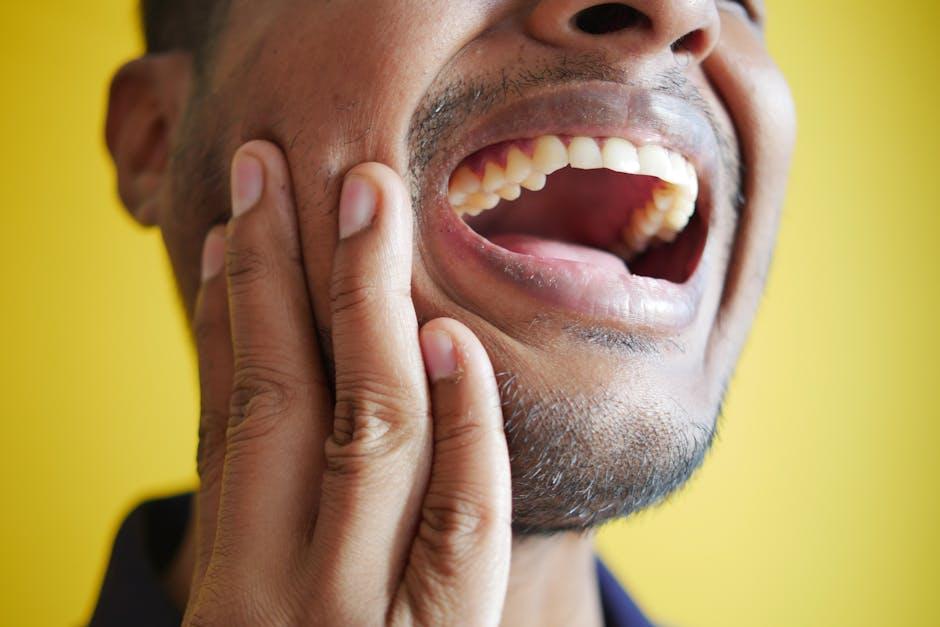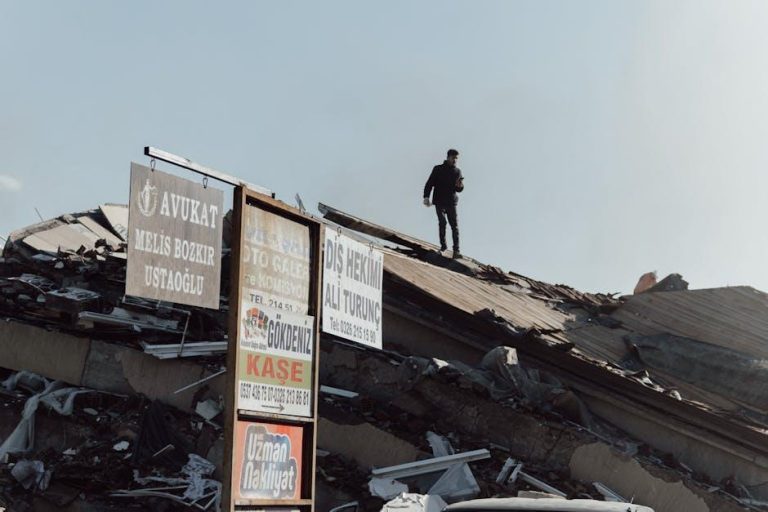
What Qualifies As A Dental Emergency? – Texas A&M Insights
Dental emergencies can be frightening and painful, catching many people off guard. Knowing what qualifies as a dental emergency can help you act swiftly and seek proper care without delay. At Texas A&M, dental professionals emphasize the importance of recognizing urgent dental conditions to avoid complications and protect your oral health.
Understanding Dental Emergencies
A dental emergency is any situation involving sudden dental pain or injury that requires immediate attention to prevent permanent damage or severe discomfort. Unlike routine dental visits or minor aches, dental emergencies often demand prompt professional care.
Why Prompt Treatment Matters
Ignoring a dental emergency can lead to persistent pain, infection, or even tooth loss. Early intervention not only saves your smile but can also reduce treatment complexity and cost.
Common Situations That Qualify As A Dental Emergency
Below are some of the most frequent scenarios where urgent dental care is necessary:
- Severe toothache: Intense, persistent pain that doesn’t improve with over-the-counter painkillers could indicate an infection or nerve damage.
- Knocked-out tooth: Also known as avulsed tooth, immediate action is crucial to save the tooth.
- Broken or chipped tooth: A significant break, exposing the pulp or causing sharp edges that hurt the mouth.
- Abscess or oral swelling: A painful infection with pus, facial swelling, or fever requires emergency care to prevent spread.
- Lost filling or crown: While sometimes painful, these can often lead to infection if untreated.
- Injury to the soft tissues: Trauma causing deep cuts, excessive bleeding, or damage to the tongue, gums, or cheeks.
- Difficulty breathing or swallowing: Immediate emergency care is vital if swelling or injury hampers breathing or swallowing.
Texas A&M Dental Emergency Classification Table
| Type of Emergency | Signs & Symptoms | Recommended Action |
|---|---|---|
| Severe Toothache | Continuous pain, swelling, sensitivity to hot/cold | Contact dentist immediately, manage pain with cold compress |
| Knocked-Out Tooth | Missing tooth due to trauma | Retrieve tooth, keep moist, and see dentist within 1 hour |
| Chipped/Broken Tooth | Pain, sharp edges, exposed inner tooth | Rinse, cover sharp edges, and seek urgent dental care |
| Dental Abscess | Swelling, pus, fever, bad taste | Emergency dental visit, possible antibiotics needed |
| Lost Crown/Filling | Exposed tooth, sensitivity, discomfort | Save crown/filling, contact dentist promptly |
First-Hand Experience: A Texas A&M Student’s Emergency Story
Jane, a Texas A&M student, experienced a sudden dental emergency when she fractured her tooth during intramural basketball. She immediately applied a cold compress, saved the broken piece, and contacted the university’s dental clinic. Thanks to quick action and professional intervention, Jane’s tooth was successfully restored, avoiding prolonged pain and costly procedures.
Practical Tips For Handling Dental Emergencies
- Stay calm: Panic can worsen the situation; think clearly about your next steps.
- Preserve knocked-out teeth: Handle by the crown, rinse gently, keep moist in milk or saliva.
- Manage pain: Use over-the-counter pain relief and cold compresses to reduce swelling.
- Avoid home remedies: Don’t attempt to treat infections or severe injuries yourself.
- Contact Texas A&M dental services: They offer emergency appointments for immediate care.
Benefits of Recognizing A Dental Emergency Early
Understanding when a dental issue is an emergency can:
- Prevent tooth loss and preserve natural teeth
- Reduce the risk of infection spreading
- Minimize pain and discomfort
- Lower long-term treatment costs
- Improve overall oral and general health outcomes
When It’s Not A Dental Emergency
Not all dental problems require urgent care. Some mild tooth sensitivity, minor discomfort, or small chips without pain may wait for a regular dental check-up. However, if you’re ever unsure, it’s best to err on the side of caution and consult your dentist.
How Texas A&M Supports Emergency Dental Care
Texas A&M’s dental clinics are equipped to handle a wide range of urgent dental conditions. Students and residents can access skilled dentists, receive quick diagnoses, and obtain treatment plans tailored for emergency scenarios. The university also promotes educational programs on dental health and emergency preparedness.
Conclusion
Knowing what qualifies as a dental emergency is essential for protecting your oral health and avoiding unnecessary complications. Whether it’s a severe toothache, a knocked-out tooth, or any dental trauma, timely professional intervention is critical. Texas A&M’s dental experts recommend staying informed, prepared, and acting immediately when an emergency arises. Remember, your smile deserves urgent care when it matters most!


